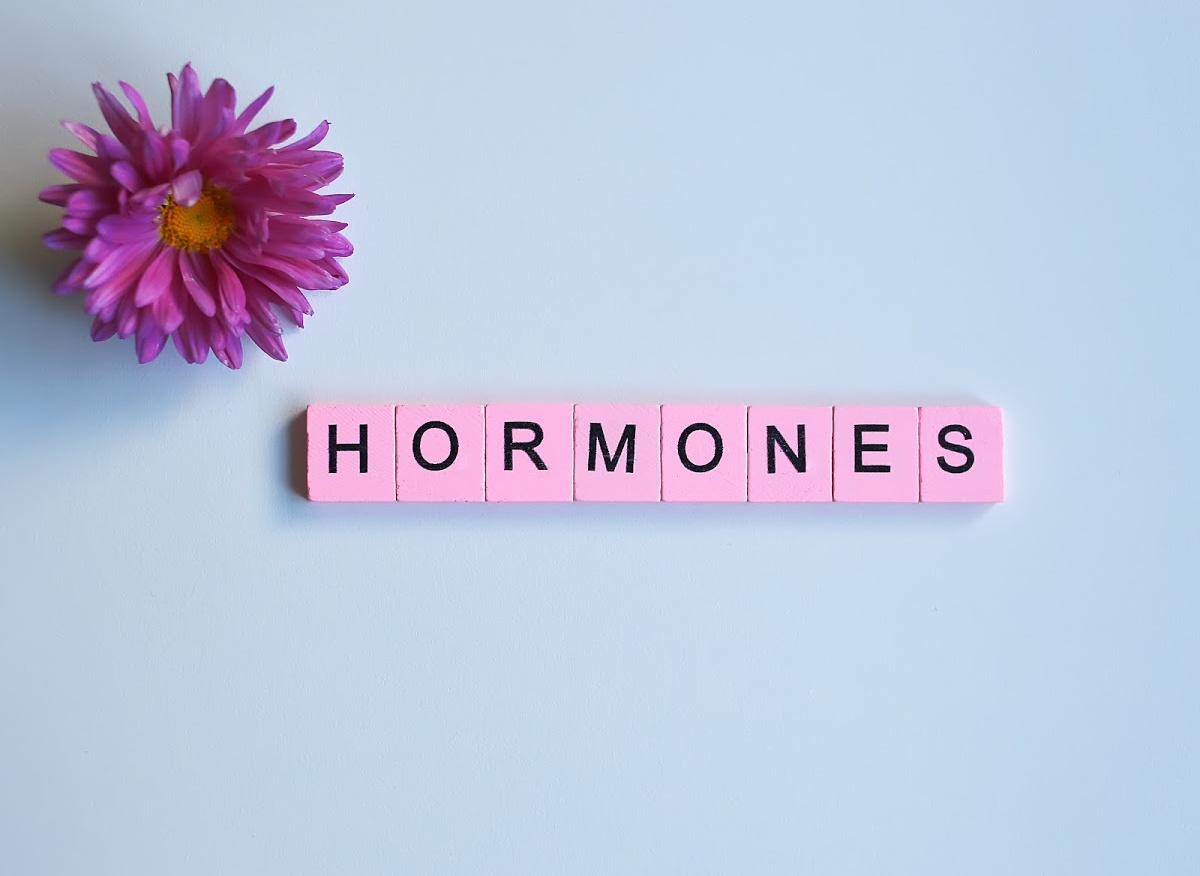Defining Endometriosis: Symptoms and Treatments
Endometriosis is a painful, chronic disease that occurs when tissue (endometrium) migrates outside of the uterus, specifically on the ovaries, fallopian tubes, and other areas in the pelvic region and abdomen. This displaced tissue continues to act as it normally would during the menstrual cycle. It thickens, breaks down, and bleeds; however, because it is displaced, it has no way of exiting the body. The trapped tissue eventually causes scar tissue to develop, a painful effect and one of the leading causes of infertility. It is one of the most common health issues for young women, with over 175 million worldwide suffering from symptoms.
While it affects so many, the root cause of endometriosis remains unclear. It is not contagious; however, it does show signs of being a genetic disorder. Women in their reproductive years are affected the most. Other common traits are early menstruation in life, later pregnancies, never giving birth and going into menopause later in life.
What are the Symptoms?
“Silent Endometriosis” is believed to affect almost 50% of women, with subtle symptoms that can remain undetected for some time. Whether faint or unbearable, it is important to recognize symptoms. Research suggests that there is a higher risk of developing ovarian or even breast cancer for women with endometriosis. A 2012 study cited in Obstetrics and Gynecology found that endometrial cancer has increased since 2008 by over 20%, with the death rate among women increasing at an alarming 100% over the past twenty years. For many women, small symptoms begin and progress slowly, developing over the years. Symptoms to note include:
- Severe menstrual pain
- Heavy periods with clots
- Irregular periods
- Pain during intercourse
- Painful bowel movements and/or urination
- Spotting and bleeding between cycles
- Constipation
- Nausea
- Lower back and abdominal pain
- Pelvic Pain
- Infertility
The 4 Stages of Endometriosis
There are four stages of endometriosis, with each ranging from minimal, mild, moderate, and severe.
Because each body is different, a woman experiencing signs of stage two may be in more pain than a woman in stage four. Therefore, the stages must be evaluated and classified by using the following criteria:
- Stage One, Minimal: Characterized by superficial cyst-like implants that are at times mistaken for ovarian cancer. These implants appear as small, patches or flecks on the pelvic surface. They sometimes cause irritation in the surrounding tissues and result in the formation of adhesions. The adhesions (internal scar tissue) cause pain and dysfunction as they bind tissues and organs that are normally mobile.
- Stage Two, Mild: Women are normally diagnosed with endometriosis in this stage. The traits of first stage endometriosis can also be found in the second stage; however, they are more aggressive. Black spots appear over the adhesion, which have grown in intensity. These adhesions likely cause irritation during ovulation and/or pelvic pain. During this stage, lesions also appear in the recto-uterine pouch (the area between the uterus and rectum).
- Stage Three, Moderate: Endometriomas, or “chocolate cysts,” appear in the third stage of endometriosis. These cysts get their name because the blood inside of the cysts turns brown after a period of time. If a cyst ruptures it can cause extreme abdominal pain and inflammation in the pelvic region, which in turn, causes more adhesions.
- Stage Four, Severe: The final stage of endometriosis, characterized by a large number of cysts and severe adhesions. In this stage, endometriomas can grow very large — as big as a grapefruit—and will likely need to be surgically removed. Because many of the cysts at this stage are on the back wall of the uterus and rectum, women may experience digestive issues, along with painful bowel movements, constipation, nausea/vomiting and abdominal pain. Infertility is highly likely in this stage.
If the endometriosis has developed through to the severest stages, your doctor may suggest conventional treatments, which likely comes with a price. The most common procedure is laparoscopic surgery: the surgeon makes an incision and cuts away the displaced tissue and cysts, if any are found. During this surgery, the patient’s abdomen is inflated with gas to push the abdominal wall out, allowing the surgeon to have a clear view. In turn, this can cause a pelvic infection, damage to the bowel, heavy bleeding, and more scar tissue to form over time. Another undesirable option is a drug called Danazol, a steroid used to suppress the growth of the tissue. While it may stop the symptoms, the steroid serves as a synthetic male hormone. This, in turn, causes side effects such as decreased breast size, a deepening voice, acne and weight gain.
What can you do?
A diagnosis can be made through a functional medicine approach by identifying symptoms to find the root cause. Your doctor might choose to do a pelvic exam and ultrasound. Depending on the severity of the disease and how long it’s been left undiagnosed, your doctor might suggest taking a natural, noninvasive approach to treatment. This would include:
- A healthy diet, eliminating foods that cause inflammation such as sugar, caffeine, dairy, and gluten.
- Magnesium-rich Foods such as seeds, avocados, almonds, bananas, spinach, and black beans.
- Supplements such as fish oil and pain-relieving vitamins like B12.
- Essential Oils such as clary sage have been known to balance hormones.
- Acupuncture therapy.
It is important to always pay attention to your body. Symptoms are its cries for help. Endometriosis affects a large portion of women, and it does not go away on its own. Recognizing the symptoms early can allow your body to heal itself when given the proper environment. At Forum Health Clarkston, we specialize in reversing and delaying chronic illnesses. If you’re suffering with endometriosis symptoms, we can help you with the necessary natural treatments to improve the condition and reduce pain. Call us today to see how we can help! (248) 625-5143
Adrian Schirr
Forum Health Clarkston
7300 Dixie Hwy, Suite 500, Clarkston, MI 48346
248-625-5143
References:
Lourie, C. Functional Health Care & Healing Center. “Endometriosis.”
https://draxe.com/natural-remedies-endometriosis/






